Apple fruit has always been a globally cherished fruit that signifies health, nutrition, and deliciousness. In recent years, Australia has emerged as a significant player in apple cultivation, with ideal climatic conditions, advanced farming practices, and a strong commitment to quality. Let’s explore how the apple industry in Australia has flourished and why it has become a lucrative business venture. 1. Favorable Climatic Conditions: Australia’s diverse climate allows for apple cultivation in different regions, contributing to the country’s year-round apple production. Cool mountainous regions, like the Adelaide Hills and Tasmania, provide the ideal growing conditions for the traditional apple varieties, while the warmer regions in Victoria, New South Wales, and Queensland cultivate newer, high-yielding varieties. This geographic advantage not only allows for a variety of apple cultivars but also helps extend Australia’s growing season and ensures a consistent supply to meet domestic and international demand.

.
 2. Advanced Farming Practices: Australia’s apple industry has embraced modern farming techniques to ensure higher yields and superior fruit quality. The adoption of innovative technology, such as precision irrigation systems, automated orchard management systems, and high-density planting, has significantly improved productivity and reduced environmental impact. The use of these practices has enabled Australian apple growers to meet the ever-increasing demand for fresh, wholesome apples. 3. Quality Assurance: Australia has implemented rigorous quality control measures to ensure that its apples meet and exceed international standards. The industry adheres to strict quality assurance guidelines, such as the Freshcare and GlobalG.A.P certifications, which guarantee the safety and traceability of the fruit. These certifications not only ensure the highest quality standards but also give Australian apple growers a competitive edge in international markets, where food safety and traceability are of utmost importance.
2. Advanced Farming Practices: Australia’s apple industry has embraced modern farming techniques to ensure higher yields and superior fruit quality. The adoption of innovative technology, such as precision irrigation systems, automated orchard management systems, and high-density planting, has significantly improved productivity and reduced environmental impact. The use of these practices has enabled Australian apple growers to meet the ever-increasing demand for fresh, wholesome apples. 3. Quality Assurance: Australia has implemented rigorous quality control measures to ensure that its apples meet and exceed international standards. The industry adheres to strict quality assurance guidelines, such as the Freshcare and GlobalG.A.P certifications, which guarantee the safety and traceability of the fruit. These certifications not only ensure the highest quality standards but also give Australian apple growers a competitive edge in international markets, where food safety and traceability are of utmost importance.
..
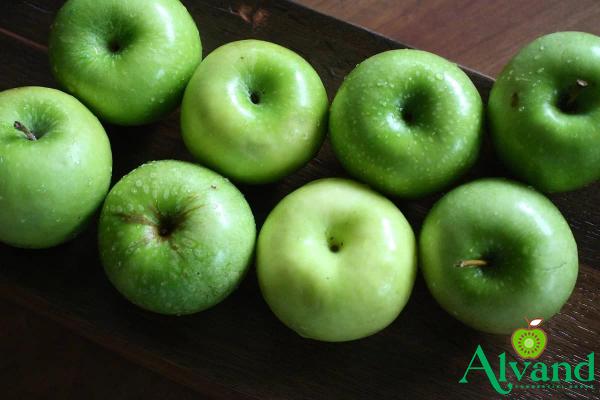 4. Diverse Apple Varieties: Australia produces a wide range of apple varieties to cater to the diverse consumer preferences both domestically and internationally. Traditional favorites like Granny Smith, Pink Lady, and Royal Gala coexist with newer varieties like Jazz, Envy, and Kanzi. With each variety offering its unique taste, texture, and flavor profile, the industry boasts a diverse selection that appeals to a broad audience. 5. Expanding International Market: The apple industry in Australia has strategically capitalized on the growing global demand for high-quality, Australian-grown apples. Traditionally, Australian apples have been exported to countries such as Indonesia, Singapore, Hong Kong, and New Zealand. However, with increasing recognition of their superior quality and taste, Australian apples are now gaining popularity in emerging markets like China, India, and the Middle East.
4. Diverse Apple Varieties: Australia produces a wide range of apple varieties to cater to the diverse consumer preferences both domestically and internationally. Traditional favorites like Granny Smith, Pink Lady, and Royal Gala coexist with newer varieties like Jazz, Envy, and Kanzi. With each variety offering its unique taste, texture, and flavor profile, the industry boasts a diverse selection that appeals to a broad audience. 5. Expanding International Market: The apple industry in Australia has strategically capitalized on the growing global demand for high-quality, Australian-grown apples. Traditionally, Australian apples have been exported to countries such as Indonesia, Singapore, Hong Kong, and New Zealand. However, with increasing recognition of their superior quality and taste, Australian apples are now gaining popularity in emerging markets like China, India, and the Middle East.
…
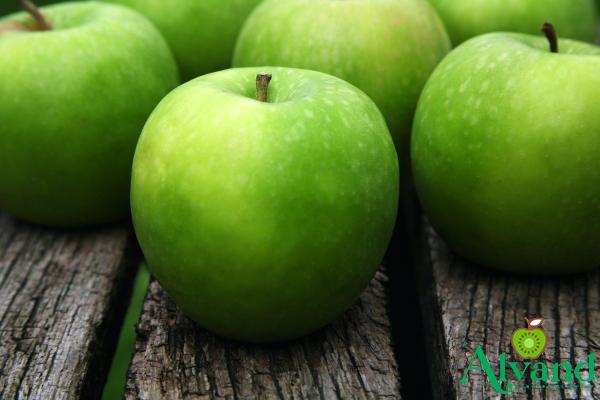 This expanding global market presents immense opportunities for Australian apple growers to establish profitable trade relationships and export their fruit worldwide. Conclusion: Australia’s apple industry has witnessed remarkable growth and success, positioning the country as a key player in global apple production. With favorable climatic conditions, advanced farming practices, strict quality control measures, diverse apple varieties, and an expanding international market, Australian apple growers are reaping the sweet rewards of their dedication and hard work. As consumer demand for fresh, high-quality apples continues to rise, the apple industry in Australia is set to remain a flourishing and lucrative business venture in the years to come.
This expanding global market presents immense opportunities for Australian apple growers to establish profitable trade relationships and export their fruit worldwide. Conclusion: Australia’s apple industry has witnessed remarkable growth and success, positioning the country as a key player in global apple production. With favorable climatic conditions, advanced farming practices, strict quality control measures, diverse apple varieties, and an expanding international market, Australian apple growers are reaping the sweet rewards of their dedication and hard work. As consumer demand for fresh, high-quality apples continues to rise, the apple industry in Australia is set to remain a flourishing and lucrative business venture in the years to come.

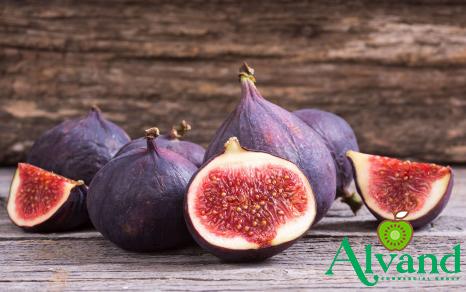


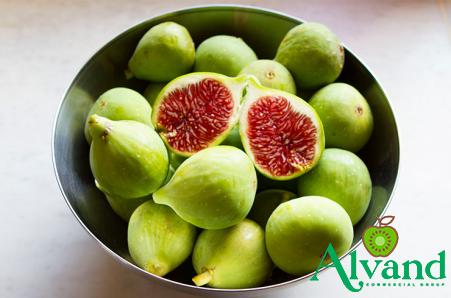
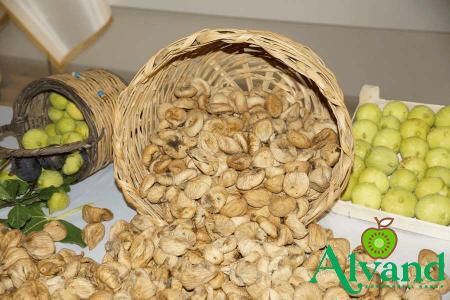



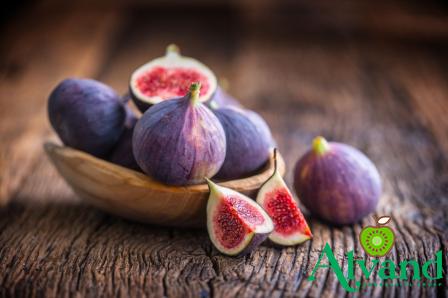
Your comment submitted.